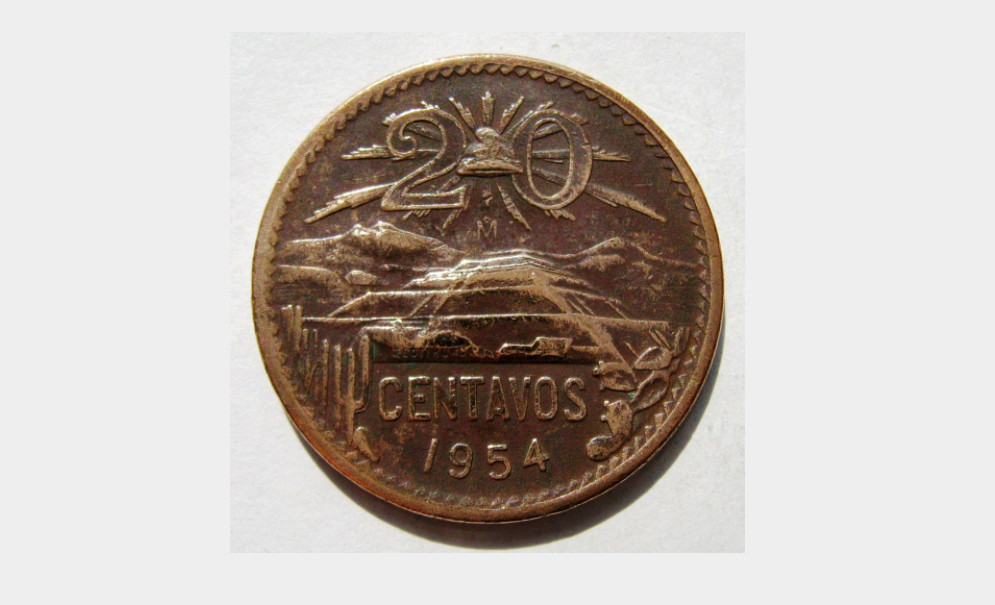historia
Latest stories
More stories
-
El Árbol del Tule.
by
Admin updated
El Árbol del Tule in Oaxaca, Mexico El Árbol del Tule is one of the biggest and oldest trees on Earth, it’s not too far from the City of Oaxaca, in Mexico. El Árbol del Tule is a Montezuma cypress located in the town of Santa María del Tule in Oaxaca, Mexico. Known for […] More
-
2.4k Views
in Culture, Grammar, Mexico, Table of Expressions, Translation, VocabularyPhone etiquette in several Spanish-speaking countries?
by
Admin updated
Phone etiquette in several Spanish-speaking countries? We use several different expressions to answer the phone, so when you travel or watch a foreign movie don’t be surprised. It’s not always as simple as hello. I think no other language has a particular way to answer the phone depending on the region. < This table is […] More
-
Plattdeutsch
by
Admin updated
Not all Mexican citizens speak only Spanish. Besides the dozens of indigenous languages, in several areas of Mexico like Chihuahua, Campeche, Zacatecas, Quintana Roo, there are people who speak Plattdeutsch. There are different varieties of this language in Germany, Holland, Ukraine, Canada, Mexico. The one that is spoken in Mexico has a base of Prussian […] More
-
33 Views
in Translation, Uncategorized, VocabularyNot all cognates look like twins, like naranja and orange
by
Admin updated
Cognates are words that have the same origin. If, in addition, these words have the same meaning, they are true cognates, but if the meanings are different then they are false cognates. Examples of true cognates are teléfono and telephone, auditorio and auditorium, obtener and obtain. Examples of false cognates are the typical example embarazada, […] More
-
67 Views
in Table of Expressions, Translation, VocabularyAutomóviles
by
Admin updated
Automobile vocabulary in Spanish. Talking about cars with people from another Spanish speaking countries is sometimes a big headache. The reason is that the vocabulary for this subject changes a bit from country to country for almost every element. In México, auto part names are often Spanglish words. Here are some examples: Mexico Spain […] More
-
35 Views
in Culture, Mexico, Table of Expressions, TranslationMe Cayó el 20. 10 expressions that are not so easy to figure out (8)
by
Admin updated
Here are 10 common random idioms you may have trouble with if you hear them for the first time: Expression Approximate literal translation (what you might think you actually heard) Explanation ni loco, ni loca neither crazy no way. (Not even if I were crazy) ¿no que no? no that not?, not that not? not […] More
-
299 Views
in MexicoThe Largest Spanish-Speaking Town in the World.
by
Admin updated
Mexico City, the largest Spanish-speaking town in the world. This is a day landing in Mexico City apparently from a flight arriving from Frankfurt. Let me try to explain to you what you are seeing here. First, this window shows the inner part of the city, towards the Zócalo, which you can’t see […] More
-
25 Views
in Table of Expressions, Translation, VocabularyThe Spanish H vs. F in other Romance Languages
by
Admin updated
There are dozens of examples of words in Spanish that are spelled with a (silent) H, for which you can find at least one cognate in another language that is spelled with F. Most languages followed the original Latin spelling. I don’t like this, haha, why do we have to be different to the […] More
-
50 Views
in Culture, Grammar, Mexico, Table of Expressions, TranslationAstro Rey. 10 expressions that are not so easy to figure out (9)
by
Admin updated
Here are 10 common random idioms you may have trouble with if you hear them for the first time: Expression Approximate literal translation (what you might think you actually heard) Explanation el astro rey the king star the Sun. ( nickname). el primer trimestre the first trimester first quarter. Used extensively in financial […] More
-
50 Views
in Culture, Table of Expressions, TranslationGroups of animals
by
Admin updated
This is how we call different groups of animals in Spanish: Spanish English Notes bandada (f) flock (birds), skein (group of geese) flock of birds, group of geese (gansos) cardumen (m) school fish (peces) colonia colony pingüinos enjambre (m) swarm bees (abejas), some other flying insects escuela (f) school fish (peces) jauría (f) pack dogs […] More
-
60 Views
in VocabularySI VES ALGO, DI ALGO
by
Admin updated
Who in New York City doesn’t know what SI VES ALGO, DI ALGO means? It’s all over the place SI VES ALGO, DI ALGO is the familiar (tú) translation for IF YOU SEE SOMETHING, SAY SOMETHING. When we just switched from tokens to Metrocards in the mid-1990s, we had these […] More
-
Don Emilio Jellinek-Mercedes
by
Admin updated
Several years ago, I put together a table about Spanish automobile-related vocabulary to show how it’s very different in Mexico and Spain. My theory was that cars came to the Spanish-speaking world simultaneously to Mexico via the United States, and Spain via France, and somehow there was not enough time to assimilate the new vocabulary […] More
















